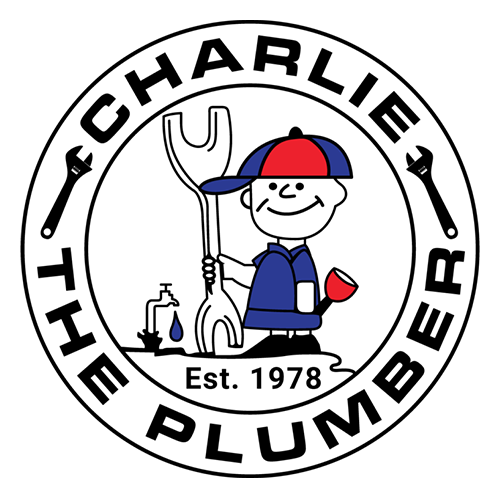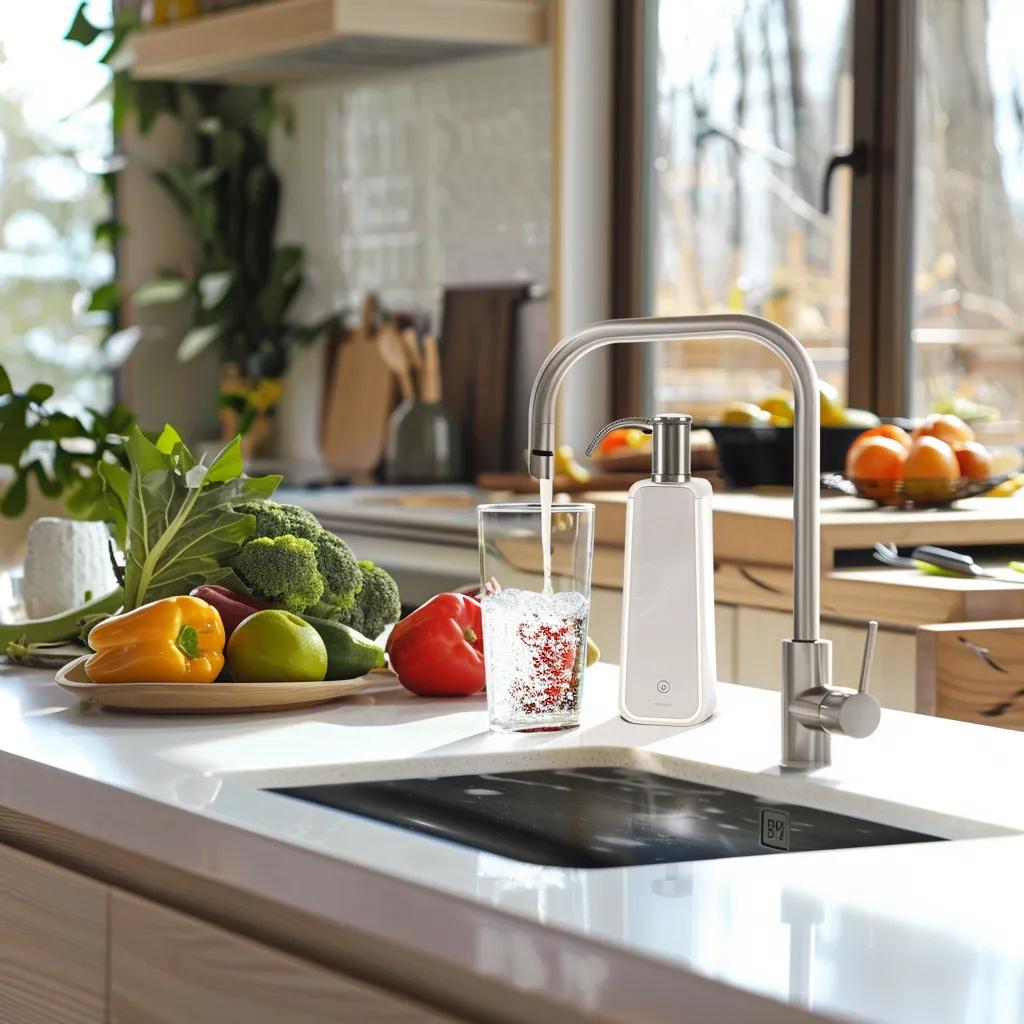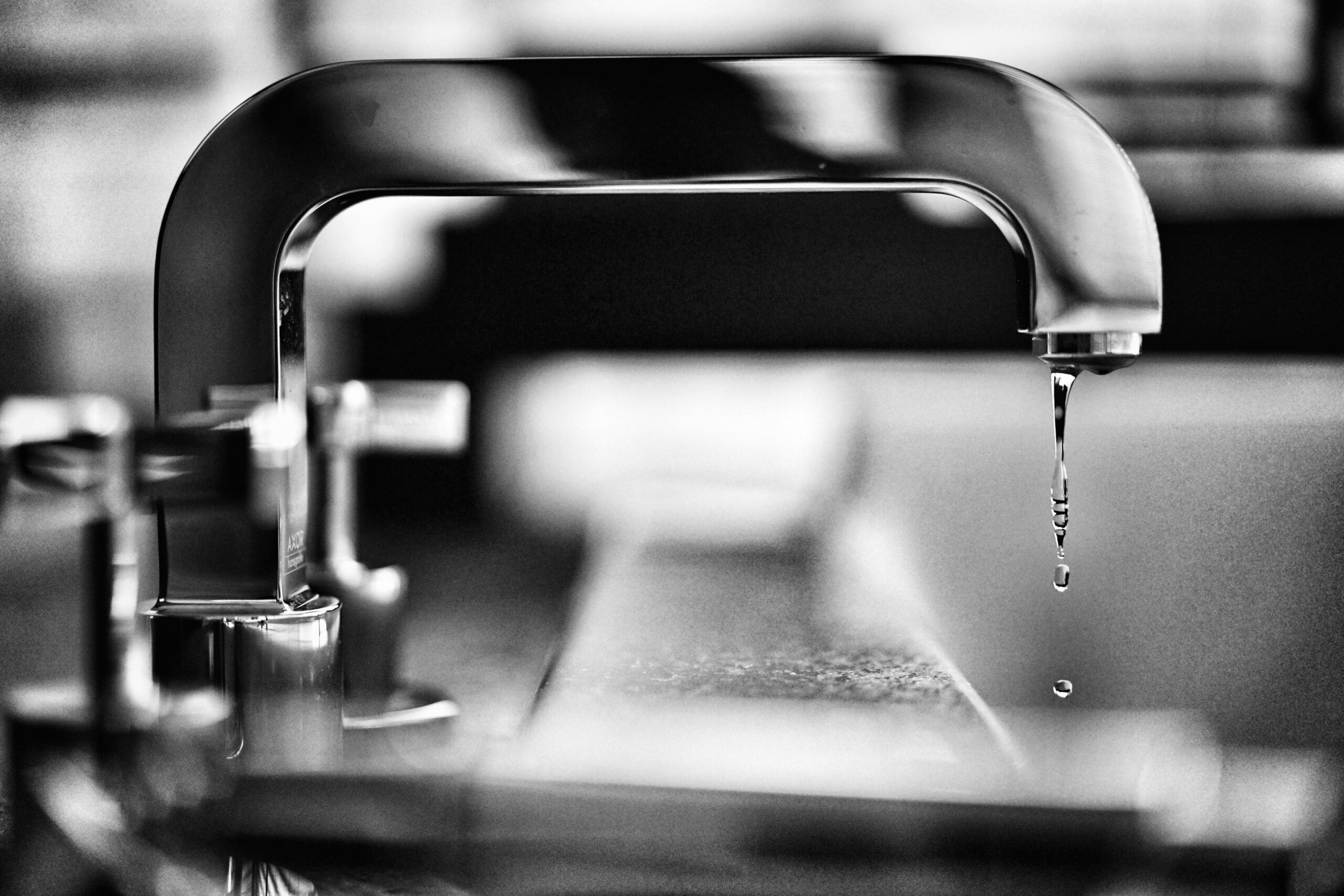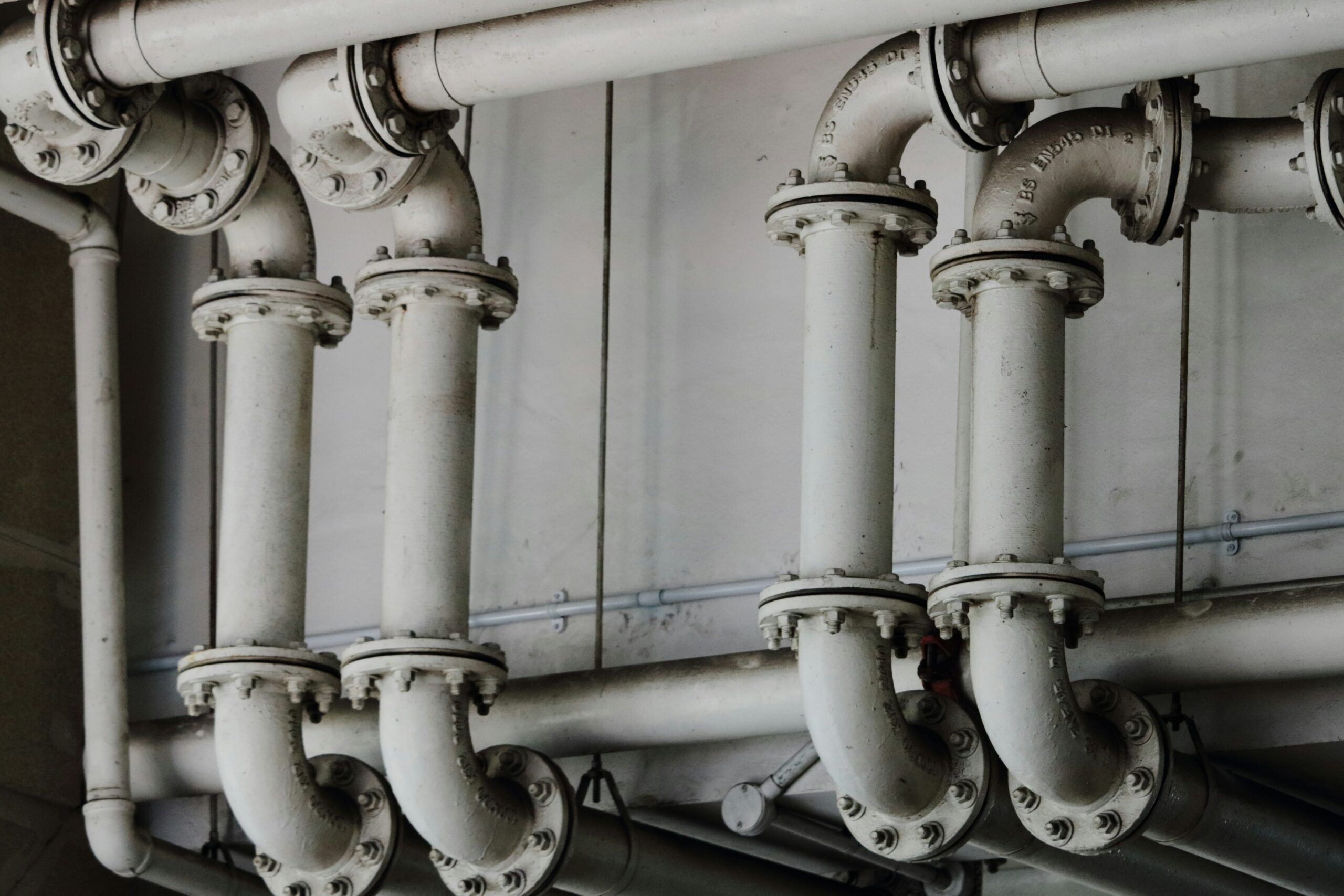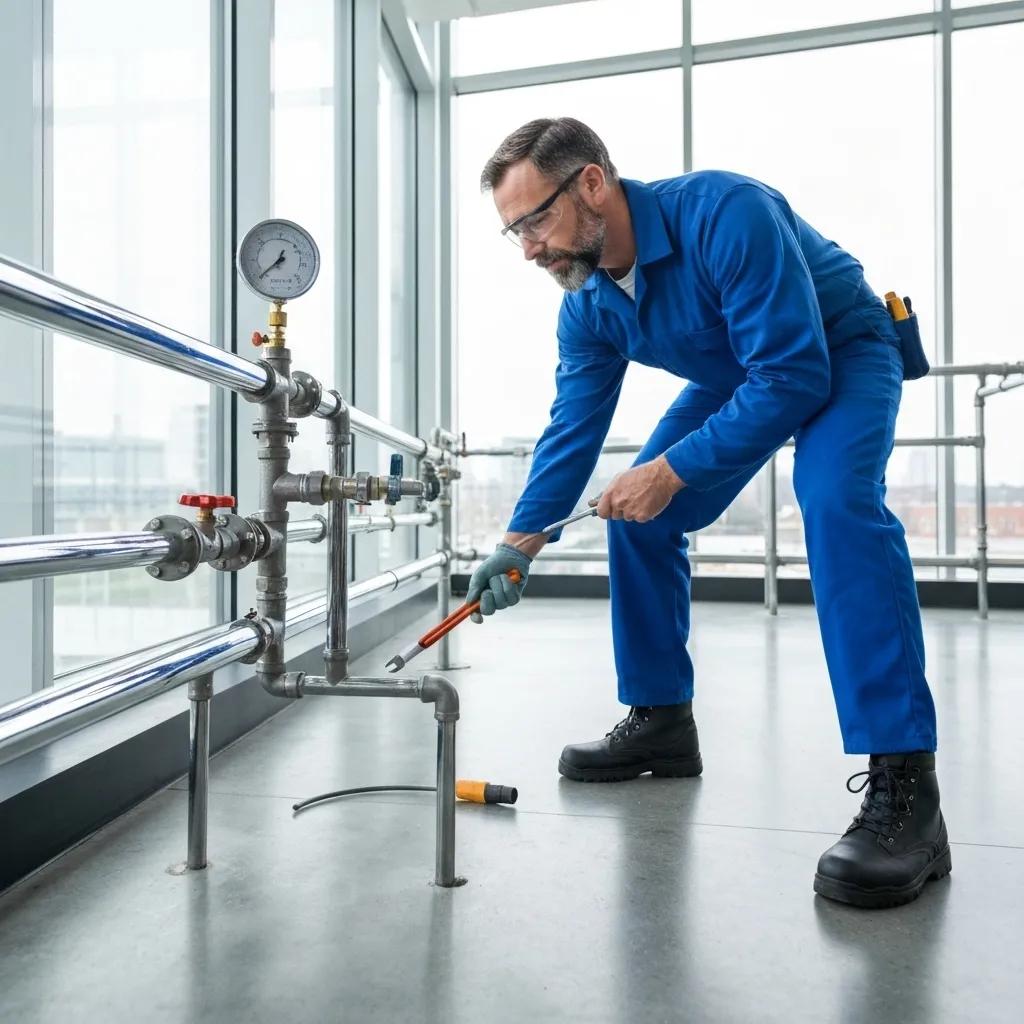Clean, contaminant-free water is the foundation of family health and home efficiency, yet many households in Gold Coast, Brisbane, and Logan still contend with residual chlorine, sediment and micro-impurities that affect wellbeing and appliances. Installing a water filtration system delivers immediate improvements in drinking water quality, promotes appliance longevity and reduces plastic waste—all while saving money over time. This guide explores nine key advantages of filtered water:
- Health Benefits – how filters eliminate toxins and prevent disease
- Appliance Protection – preventing scale, extending lifespans and cutting energy use
- Environmental Impact – reducing bottled-water waste and promoting sustainability
- Filter System Types – matching whole-house, under-sink, reverse osmosis, carbon and UV solutions to needs
- Local Water Quality – assessing Gold Coast, Brisbane and Logan tap water
- Professional Installation – why licensed plumbers matter for reliable service
- Commercial Applications – compliance, efficiency and product quality
- Common Concerns – safety, disadvantages and cost comparisons
- Long-Term Savings – maintenance, repair reduction and bottled-water cost avoidance
Read on to discover how a water filtration solution from Charlie the Plumber can transform your home or business’s water quality and performance.
What Are the Key Health Benefits of Installing a Water Filtration System?

A water filtration system is a device that removes harmful contaminants from tap water through physical or chemical processes, promoting safer drinking water and reducing exposure to toxins that can impair health. By trapping chlorine, heavy metals and pathogens within filter media, it ensures families enjoy cleaner water that supports digestion, hydration and overall well-being. Early removal of impurities not only reduces immediate taste and odour issues but also prevents long-term health risks associated with chronic exposure.
Health Benefits of Filtered Water
Water filtration systems effectively remove contaminants like chlorine and heavy metals, which can negatively impact health. Removing these impurities can lead to improved digestion, hydration, and overall well-being, supporting the body’s natural functions.
World Health Organization, Guidelines for Drinking-water Quality (2017)
This research supports the article’s claims about the health benefits of removing contaminants from drinking water.
How Does a Water Filter Remove Harmful Contaminants Like Chlorine and Heavy Metals?
Water filters use a combination of activated carbon adsorption, ion exchange resins and fine membranes to trap and bind chemical pollutants.
- Activated carbon pores adsorb chlorine molecules and volatile organic compounds (VOCs).
- Ion exchange beads capture heavy metals such as lead and mercury through ionic attraction.
- Microfiltration membranes physically block particles larger than 0.1 microns, including sediment and rust.
These mechanisms ensure that filtered water tastes fresher and removes toxins before they reach the tap, supporting healthier hydration habits.
What Waterborne Diseases Can Filtration Help Prevent?
Filtering water reduces the risk of gastrointestinal and systemic infections by eliminating bacteria, viruses and parasites. Key diseases prevented include:
- Giardia lamblia – avoids diarrhoea and abdominal cramps
- Cryptosporidium – prevents persistent gastrointestinal distress
- E. coli – eliminates risk of severe bacterial poisoning
By intercepting these pathogens, a quality filtration system fortifies your home’s defences against waterborne illnesses and aligns with best practices in household water safety.
How Does Filtered Water Improve Skin, Hair, and Overall Hydration?
Filtered water enhances personal care by removing chlorine and hard minerals that can dry skin and dull hair. Improved water softness:
- Reduces skin irritation and dryness
- Restores hair shine and strength
- Encourages increased water intake due to better taste
Better hydration supports kidney function, cognitive performance and energy levels, reinforcing why pure water is essential for everyday health rituals.
Why Is Drinking Filtered Water Important for Families in Gold Coast, Brisbane, and Logan?
- Provides an extra layer of protection against taste and odour issues
- Guards against occasional runoff-related contaminants after heavy rains
- Supports the specific hydration needs of active coastal families
Choosing a locally installed filtration solution ensures peace of mind and optimises water quality in these Queensland regions.
How Does Installing a Water Filtration System Protect and Extend the Life of Home Appliances?
A water filtration system prevents mineral scale and particles from entering plumbing fixtures, prolonging appliance lifespan and improving performance. By filtering out hardness minerals and abrasive sediment, the system reduces wear on internal components and maintains optimal water flow, lowering repair frequency and energy consumption.
Appliance Lifespan and Water Filtration
Installing a water filtration system can prevent the buildup of limescale and sediment in household appliances. This protection extends the lifespan of appliances like dishwashers and washing machines, reducing the need for repairs and replacements.
Environmental Protection Agency, WaterSense: Water Efficiency in Appliances (2023)
This source provides evidence for the article’s claims regarding the benefits of water filtration in protecting appliances and reducing energy consumption.
What Causes Limescale and Sediment Buildup in Household Appliances?
- Insulate heating elements and reduce efficiency
- Constrict water flow in washers and dishwashers
- Erode seals and valves over time
Hard water minerals such as calcium and magnesium precipitate inside heat exchangers and piping when heated, forming limescale deposits. Sediment from mains corrosion or pipeline breaks also abrades moving parts, accelerating wear without filtration.
How Do Water Filters Prevent Damage to Dishwashers, Washing Machines, and Hot Water Systems?
Quality filters intercept mineral and particulate matter before it circulates in appliances:
- Pre-filter Sediment Removal – protects pumps and valves from abrasion
- Scale-inhibiting Resin – reduces calcium buildup on heating elements
- Activated Carbon Stage – removes chlorine that degrades rubber seals
By blocking damaging particles, filters ensure appliances run smoothly and require fewer service calls.
Can Water Filtration Reduce Energy Consumption in Homes?
Limescale-free heating elements transfer heat more efficiently, cutting electricity or gas usage by up to 15%. A clean heat exchanger:
- Heats water faster with less energy
- Maintains consistent water pressure for shorter cycle times
- Reduces cycle durations in washing machines and dishwashers
Filtered water thus enhances appliance efficiency and lowers utility bills over the system’s lifetime.
| Appliance | Issue | Filter Benefit |
|---|---|---|
| Dishwasher | Scale on heating plates | Resin stage extends heater lifespan by minimising scale |
| Washing Machine | Pump and seal abrasion | Sediment trapping protects internal moving parts |
| Hot Water System | Reduced heat transfer | Cleaner elements heat more efficiently |
Filtering water safeguards home appliances from mineral damage and energy loss, delivering both performance and cost savings.
What Are the Environmental Benefits of Using a Water Filtration System?

Installing a water filtration system supports sustainability by reducing reliance on single-use plastic bottles and encouraging efficient water use in residential and commercial settings. Cleaner tap water becomes a viable alternative to bottled water, cutting plastic waste and carbon emissions associated with production, transportation and disposal.
How Does Filtering Water Reduce Plastic Waste from Bottled Water?
By providing consistently pure water at home, filtration systems discourage bottled water purchases. Key impacts include:
- Eliminating hundreds of single-use bottles per household annually
- Lowering plastic recycling and landfill burdens
- Reducing greenhouse gas emissions from bottle production and transport
Filtered tap water thus directly addresses plastic pollution and contributes to cleaner waterways.
In What Ways Does Water Filtration Support Sustainable Water Use in Residential and Commercial Settings?
Water purification solutions promote responsible consumption through:
- Efficient Dispensing – metered flow systems minimise wastage
- On-site Purification – reduces logistical footprint compared to delivered water
- Scalable Solutions – modular systems adapt to usage, avoiding over-treatment
These practices align with corporate sustainability goals and residential eco-initiatives across Gold Coast, Brisbane and Logan communities.
Which Types of Water Filtration Systems Are Best Suited for Different Needs?
Different filtration technologies cater to specific water quality goals, from whole-house protection to precise drinking-water purification. Selecting the right system ensures optimal contaminant removal, flow rates and maintenance intervals.
What Are the Benefits of Whole-House Water Filtration Systems?
- Protects every tap, shower and appliance from scale and sediment
- Enhances overall plumbing longevity
- Supports water-powered equipment like boilers and irrigation
This comprehensive approach ensures uniform water quality for all daily uses.
How Do Under-Sink Filters Compare to Reverse Osmosis and Activated Carbon Systems?
Below is a detailed comparison of common point-of-use filter types:
| System Type | Contaminant Removal | Flow Rate | Maintenance Frequency | Use Case |
|---|---|---|---|---|
| Under-Sink Carbon | Chlorine, VOCs, taste and odour | 2–4 L/min | Replacement every 6 months | Kitchen tap water improvement |
| Reverse Osmosis (RO) | Heavy metals, nitrates, pathogens | 0.5–1.5 L/min | Membrane change annually | Drinking water purification |
| Activated Carbon Block | Chlorine, sediment, taste | 3–5 L/min | Filter swap every year | General point-of-use applications |
Each technology offers distinct advantages; combining stages often yields the highest purity for drinking and cooking.
When Is UV Filtration Recommended for Water Quality Improvement?
Ultraviolet (UV) disinfection systems use high-intensity UV light to inactivate bacteria, viruses and protozoa without chemicals. UV is ideal when:
- Source water has potential microbial contamination
- Chemical disinfection is undesirable
- Clear water with low turbidity is already pre-treated
Incorporating UV after carbon or membrane stages ensures microbiologically safe drinking water.
How Does Local Water Quality in Gold Coast, Brisbane, and Logan Influence the Need for Water Filtration?
Municipal water supplies in South East Queensland generally comply with national guidelines, yet regional variations in source water and distribution can introduce taste, odour and sediment concerns. Local filtration answers specific challenges posed by climatic and infrastructure factors.
What Contaminants Are Commonly Found in Local Tap Water?
- Chlorine Residuals – used for disinfection
- Hardness Minerals – calcium and magnesium from aquifers
- Sediment and Rust – from ageing pipes after heavy rain
- Trace Metals – occasional lead or copper from plumbing
Filtering at point-of-entry or point-of-use removes these residuals before consumption.
How Do Seasonal and Environmental Factors Affect Water Quality in These Areas?
- Heavy rainfall increases turbidity and sediment load
- Extended drought can concentrate minerals in reservoirs
- Coastal salt intrusion may slightly alter salinity near shoreline networks
A well-designed filter system adapts to these fluctuations and maintains consistent water quality year-round.
What Do Local Water Quality Reports Say About the Safety of Drinking Water?
Gold Coast, Brisbane and Logan City Council testing shows tap water meets Australian Drinking Water Guidelines (ADWG) for microbial and chemical indicators. However, reports note:
- Occasional turbidity spikes after extreme weather
- Chlorine taste and odour complaints in some suburbs
- Rare instances of elevated metals following maintenance
Installing a tertiary filtration stage at home provides an extra safeguard beyond municipal treatment.
What Are the Benefits of Professional Water Filter Installation and Maintenance Services?
Engaging licensed plumbing professionals ensures that your filtration system is installed correctly, performs reliably and receives timely maintenance. Expert installation guarantees proper fitting, compliance with building regulations and optimal system longevity.
Why Is Licensed Plumbing Important for Water Filtration System Installation?
- Ensures leak-free connections and correct pressure settings
- Maintains compliance with local plumbing codes
- Protects against cross-contamination through approved fittings
Professional installation secures system performance and preserves manufacturer warranties.
How Often Should Water Filters Be Maintained or Replaced?
Routine servicing keeps filter cartridges and membranes operating at peak efficiency:
- Sediment/Carbon Cartridges – every 6–12 months depending on usage
- Reverse Osmosis Membrane – annually or as performance metrics decline
- UV Lamps – replaced every 12 months to maintain disinfection efficacy
Scheduled maintenance prevents performance loss and extends system lifespan.
What Emergency Services Are Available for Water Filtration Issues?
- Sudden filter blockages or pressure drops
- Leak detection and cartridge failures
- UV lamp replacements and electrical issues
Charlie the Plumber offers rapid-response emergency support and 24/7 availability to ensure uninterrupted pure water supply, reinforcing trust and reliability.
How Can Commercial and Industrial Water Filtration Systems Improve Business Operations?
Commercial and industrial clients benefit from customised filtration solutions that ensure compliance, protect equipment and enhance product quality. Tailored designs integrate multiple treatment stages and automated maintenance alerts for uninterrupted performance.
How Do Water Filters Help Businesses Comply with Regulatory Standards?
- Food and beverage producers achieve microbiological purity under FSANZ guidelines
- Laboratories maintain reagent-grade water quality for accurate analyses
- Hospitality venues comply with health department standards for potable water
Regulatory adherence safeguards business reputation and avoids costly penalties.
In What Ways Do Filtration Systems Protect Industrial Equipment and Improve Efficiency?
- Reduces unplanned downtime due to equipment failure
- Cuts maintenance costs through cleaner process water
- Improves heat transfer efficiency, lowering energy expenses
This proactive approach elevates operational reliability and productivity.
How Does Water Filtration Enhance Product Quality in Commercial Settings?
- Breweries achieve stable flavour profiles by controlling mineral content
- Food processors eliminate off-flavours from chlorine and metals
- Pharmaceutical manufacturers ensure sterile, contaminant-free water for formulations
Clean water underpins product excellence and customer satisfaction.
What Are Common Questions About the Benefits of Installing Water Filtration Systems?
Many homeowners and businesses ask about safety, performance trade-offs and cost impacts when considering a filtration upgrade. Addressing these questions directly clarifies expectations and guides informed decisions.
Is Tap Water Safe to Drink Without a Filter in Gold Coast and Surrounding Areas?
While municipal water meets national safety standards, unfiltered tap water can still carry residual chlorine taste, sediment and trace metals from distribution networks. A water filtration system provides an additional barrier that ensures consistently high-quality drinking water and addresses occasional water-main disturbances.
What Does a Water Filter Remove from Tap Water?
A typical multi-stage filter system eliminates:
- Chlorine and chloramines for better taste and odour
- Sediment, rust and particulate matter
- Heavy metals such as lead and mercury
- Microbial cysts, bacteria and viruses (with certified membranes or UV)
Filtered water meets or exceeds drinking-water purity expectations for health-conscious households.
Are There Any Disadvantages to Using Water Filtration Systems?
Some considerations include:
- Initial investment in equipment and installation
- Periodic replacement of cartridges and UV lamps
- Slight reduction in water pressure if improperly sized
However, professional design and maintenance from licensed plumbers mitigate these drawbacks while maximising long-term benefits.
How Much Can I Save by Using a Water Filtration System Instead of Bottled Water?
Households can avoid purchasing over 200 plastic bottles annually, saving an average of AUD 400–600 per year. Over five years, these savings offset installation costs and deliver ongoing economic and environmental returns.
| Cost Category | Annual Cost Without Filter | Annual Cost With Filter | Annual Savings |
|---|---|---|---|
| Bottled Water (200 bottles) | $500 | $50 (Average replacement filters) | $450 |
| Repair & Maintenance | $300 | $150 (Average servicing fees) | $150 |
Switching to filtered tap water can yield over $600 in yearly savings, improving household budgets and environmental footprints.
How Does Installing a Water Filtration System Contribute to Long-Term Cost Savings?
A professionally installed filtration system reduces repair bills, slashes bottled-water expenses and extends appliance lifespans, creating substantial financial benefits over its service life.
How Does Filtered Water Reduce Plumbing Repairs and Maintenance Costs?
- Reduces pipe blockages and leak incidents
- Lowers frequency of professional descaling services
- Minimises wear on faucets, valves and seals
Fewer repair callouts translate into direct savings on labour and parts.
What Are the Savings from Reduced Bottled Water Purchases?
| Cost Category | Annual Cost Without Filter | Annual Cost With Filter | Annual Savings |
|---|---|---|---|
| Bottled Water (200 bottles) | $500 | $50 (Average replacement filters) | $450 |
| Repair & Maintenance | $300 | $150 (Average servicing fees) | $150 |
Switching to filtered tap water can yield over AUD 600 in yearly savings, improving household budgets and environmental footprints.
How Does Water Filtration Extend Appliance Lifespan and Lower Replacement Expenses?
Filtered water prevents mineral encrustation inside dishwashers, washing machines and hot-water units, which:
- Maintains optimal heating efficiency
- Reduces motor and pump failures
- Extends overall appliance life by up to 30 percent
Longer equipment lifespans delay costly replacements and capital expenditures.
Installing a tailored filtration solution from Charlie the Plumber ensures your system performs at peak efficiency, backed by licensed professionals who understand local water challenges in Gold Coast, Brisbane and Logan. Contact us today to explore options, schedule a water quality assessment and secure healthier, safer water throughout your home or workplace. Trust in our expertise to improve your water, protect your appliances and reduce your environmental impact—one glass at a time.
Frequently Asked Questions
What maintenance is required for a water filtration system?
Regular maintenance is essential for optimal performance of a water filtration system. Typically, sediment and carbon cartridges should be replaced every 6 to 12 months, depending on usage. Reverse osmosis membranes require annual replacement, while UV lamps should be changed every 12 months to ensure effective disinfection. Keeping a maintenance schedule helps prevent performance loss and extends the lifespan of the system, ensuring you always have access to clean, safe water.
Can I install a water filtration system myself?
While some homeowners may consider DIY installation, it is highly recommended to hire a licensed plumber for water filtration system installation. Professional installation ensures that the system is set up correctly, complies with local plumbing codes, and prevents issues such as leaks or cross-contamination. Additionally, a professional can provide valuable advice on the best system for your specific water quality needs, ensuring optimal performance and longevity.
How do I know which type of water filtration system is right for me?
Choosing the right water filtration system depends on your specific needs and local water quality. Consider factors such as the contaminants present in your water, your household’s water usage, and whether you need whole-house filtration or point-of-use solutions. Consulting with a water quality expert can help you assess your situation and recommend the most suitable system, whether it be activated carbon, reverse osmosis, or UV filtration.
What are the signs that my water filter needs replacement?
Several indicators suggest that your water filter may need replacement. These include a noticeable decline in water flow rate, changes in taste or odour of the water, and visible sediment or cloudiness. Additionally, if you experience frequent clogging or pressure drops, it may be time to replace the filter. Regular maintenance checks can help identify these issues early, ensuring you always have access to clean, safe drinking water.
Are there any health risks associated with not using a water filtration system?
Yes, not using a water filtration system can expose you to various health risks. Unfiltered tap water may contain harmful contaminants such as chlorine, heavy metals, and microorganisms that can lead to gastrointestinal illnesses and other health issues. Long-term exposure to these pollutants can have serious health implications. A filtration system provides an additional layer of protection, ensuring that your drinking water is safe and free from harmful substances.
How does water filtration impact the taste of drinking water?
Water filtration significantly improves the taste of drinking water by removing chlorine, sediment, and other impurities that can cause unpleasant flavours and odours. Activated carbon filters, in particular, are effective at adsorbing volatile organic compounds (VOCs) and other contaminants that affect taste. As a result, filtered water is often described as fresher and more palatable, encouraging better hydration habits among family members.
What should I do if my water filtration system stops working?
If your water filtration system stops working, first check for any visible issues such as leaks or blockages. Ensure that the power supply is intact if it’s an electric system. If the problem persists, consult the user manual for troubleshooting tips. It’s advisable to contact a licensed plumber or the manufacturer for professional assistance to diagnose and resolve the issue, ensuring your water quality is restored promptly.
Conclusion
Investing in a water filtration system not only enhances your family’s health by providing cleaner, safer drinking water but also protects your appliances and reduces environmental impact. With the ability to eliminate harmful contaminants and extend the lifespan of your plumbing, these systems offer significant long-term savings. By choosing a tailored solution from Charlie the Plumber, you can ensure optimal water quality for your home or business. Take the first step towards better water today and discover the transformative benefits of filtration.
